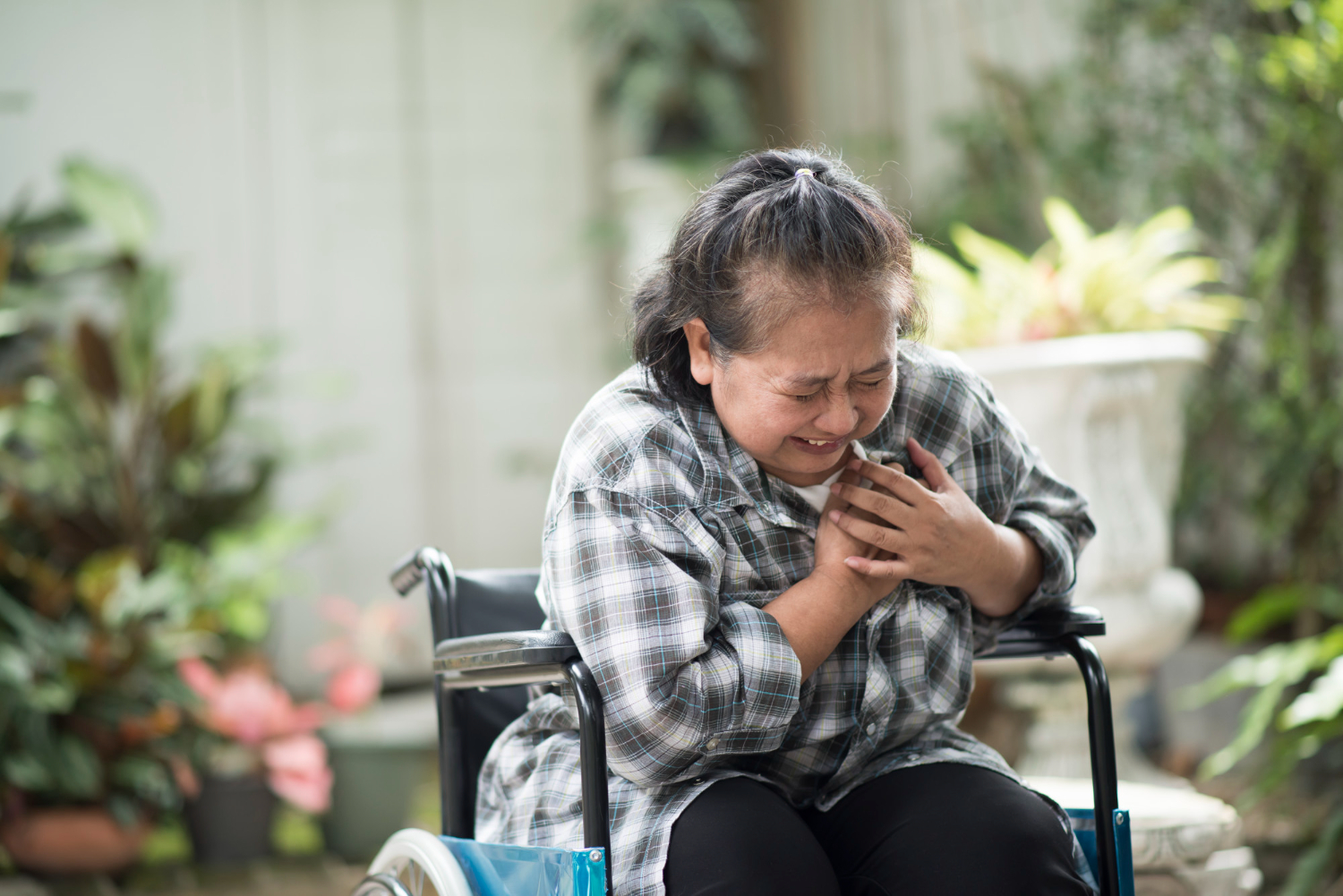
Caring for a senior loved one after a stroke can be challenging for both the individual and their caregivers. However, offering the right support, care, and encouragement at home can be crucial to their recovery journey.
Understanding Stroke
A stroke occurs when there is a disruption in the blood supply to the brain, preventing brain tissue from getting enough oxygen and nutrients. This interruption can lead to brain cells dying within minutes. There are two primary types of strokes
Ischemic Stroke
This type is caused by a blockage that prevents blood flow to the brain. It is the most common form of stroke.
Symptoms
Sudden numbness or weakness, particularly on one side of the body (arm, face, or leg).
Confusion, trouble speaking, or difficulty understanding speech.
Dizziness, problems with walking, loss of balance, or coordination.
Sudden, severe headache.
Hemorrhagic Stroke
This occurs when a weakened blood vessel ruptures, leading to bleeding in the brain. The most common cause is high blood pressure.
Symptoms
Weakness or paralysis on one side of the body.
Sudden, severe headache.
Bleeding, fainting, difficulty speaking.
Seizures, EKG abnormalities, or unequal pupils.
If your senior loved one exhibits any of these symptoms, seek immediate medical attention by taking them to the nearest hospital. Elder care services in Kolkata offer emergency hospitalization services round the clock for such situations.
Tips for Home Care After a Stroke
Assist with Daily Activities
After a stroke, your senior loved one may struggle with daily tasks such as bathing, grooming, eating, or using the restroom. Consider hiring a professional caregiver to provide support, but also encourage your loved one to perform tasks independently whenever possible to foster a sense of autonomy and confidence.
Minimize Fall Risks
Stroke survivors are at a higher risk of falls due to muscle weakness and balance issues. To prevent accidents
Keep floors dry and free of clutter.
Ensure adequate lighting, especially in hallways leading to the bathroom.
If a caregiver is present, they should always assist your loved one when navigating stairs or uneven surfaces.
Address Emotional and Mental Health Needs
Recovery isn't just physical; emotional well-being is crucial too. Your loved one might feel depressed or perceive themselves as a burden. Make it a priority to spend quality time with them, engage in meaningful conversations, and remind them of their importance to you and the family.
Incorporate Physiotherapy
Physiotherapy is vital in helping stroke survivors regain strength, improve mobility, and recover faster. A qualified physiotherapist can create a tailored exercise program to aid recovery. Your senior loved ones can receive physiotherapy services at home, providing a convenient option for ongoing rehabilitation.
Following these guidelines can help your senior loved one recover more quickly and comfortably at home after a stroke. With the right support, encouragement, and care, they can regain independence and enjoy a better quality of life.